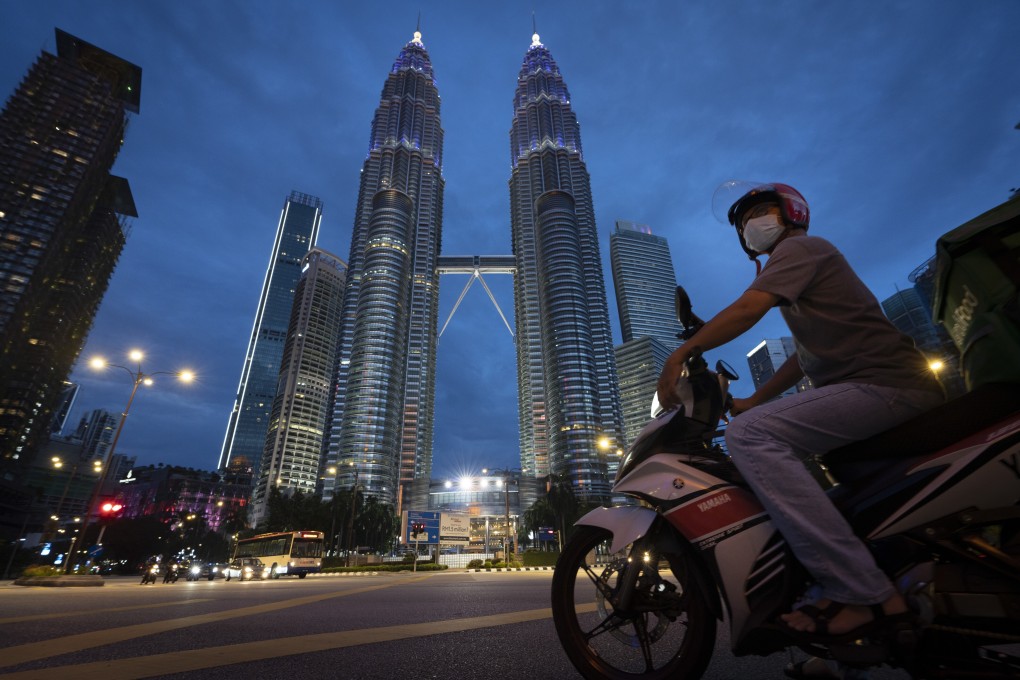Coronavirus: thousands of Malaysians ignore travel ban to head home for Eid celebrations
- As the end of Ramadan approaches, Malaysia has banned interstate travel after police stations were inundated with requests for special dispensations
- Thousands of cars have been turned back from police roadblocks already, and many others are using back roads to dodge the police

The government introduced the ban this week after thousands of Malaysians turned up at police stations hoping to obtain special dispensations to cross state lines – something meant to be reserved for emergencies such as deaths in the family.
Those found flouting the interstate travel rules would be given on-the-spot fines, said Senior Minister Ismail Sabri Yaakob.
“I will leave it to the discretion of the police but when we say no more interstate travel, we mean it. We have repeatedly said you cannot go back for Raya [Eid] and many still attempted to do so.”
On Friday the minister said the ban – needed to prevent the coronavirus from spreading into previously uninfected areas, particularly in rural states – had prompted an even larger exodus as “many tried to take advantage and attempted to cross last night before summons are issued”.
Thousands of Malaysians have ignored the directive and attempted to travel to their hometowns to celebrate the end of the Holy Month of Ramadan anyway. A reported 5,000 cars were turned back from police roadblocks between Tuesday and Wednesday.